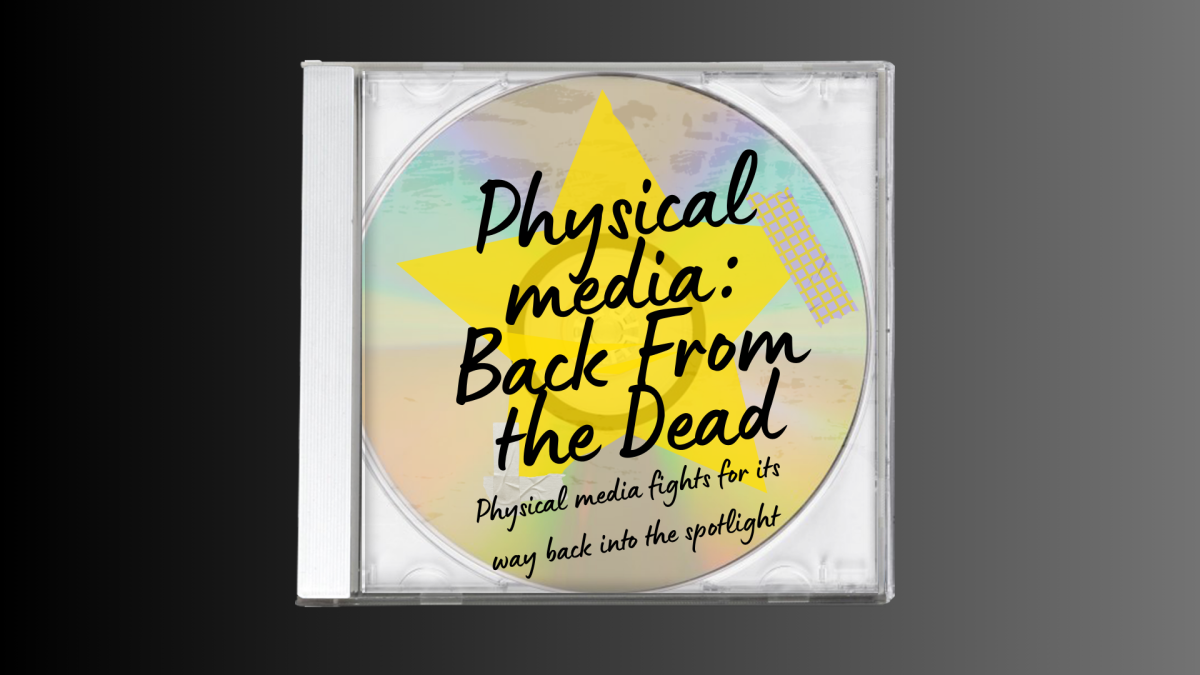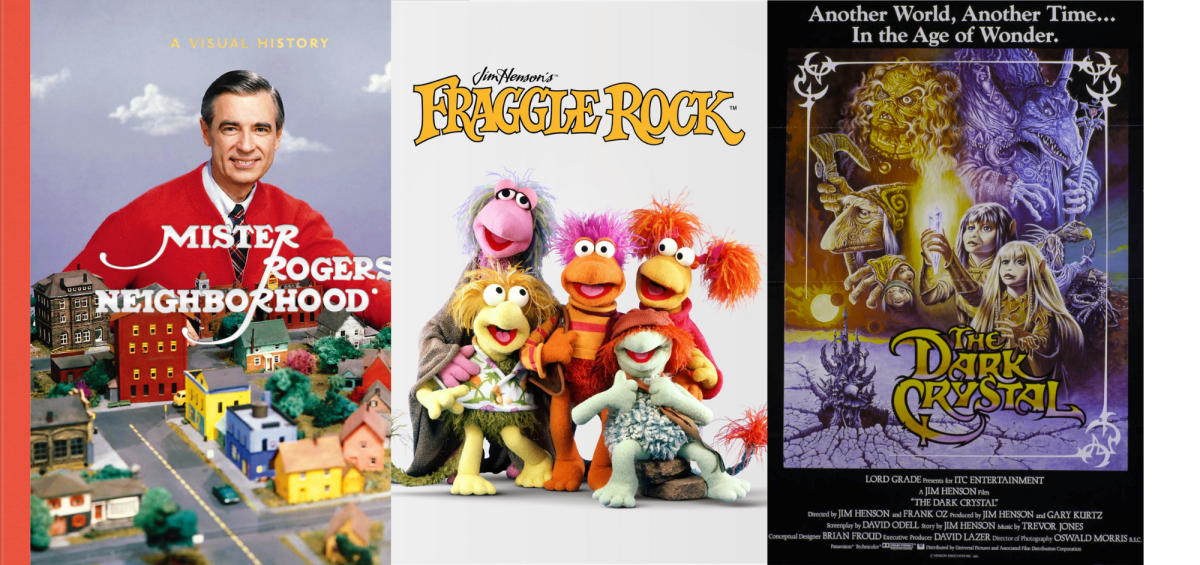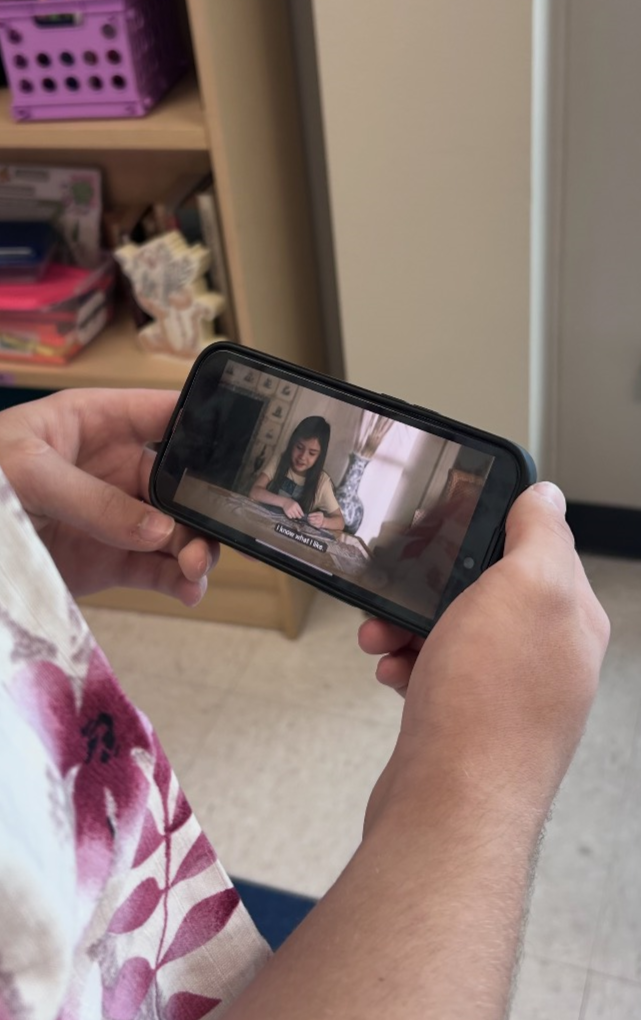Irish actor/director/adaptation purist Kenneth Branagh began interpreting Agatha Christie’s “Hercule Poirot” novels and short stories in 2017, starting with the release of iconic mystery: Murder On the Orient Express. He followed this up with Death on the Nile in 2022, and released A Haunting in Venice this September.
I’ve seen all three of these movies in theater, and always intended to write reviews for them, but always faced roadblocks in writing. I wasn’t sure how to do an in-depth analysis of piece if I couldn’t discuss the plot fully.
To get around this, I’ve decided that instead of focusing all of my attention on one of these movies, I’m going to instead do a brief overview of all of them, ranking Branagh’s efforts based off enjoyment and effectiveness in capturing the magic of Poirot.
My format for this review will follow my other shorter-form reviews, including a brief plot overview, thoughts, and a sentence summary.
It is necessary to note I am biased against Branagh’s adaptations simply because I love the BBC’s adaptation of Poirot starring David Suchet. Suchet is and forever will be Poirot; Branagh is an actor giving a solid interpretation of the character.
- Murder On the Orient Express
Set aboard the historic passenger train, the Orient Express, this movie follows Poirot (Branagh) as he starts out on a European tour. His trip is derailed (pun intended) by the murder of fellow-passenger Edward Ratchett (Johnny Depp). Poirot’s investigation soon proves complicated when the other passengers (including Daisy Ridley as Mary Debenman, Leslie Odom Jr. as Colonel Arbuthnot, Josh Gad as McQueen, and Michelle Pfeiffer Mrs. Hubbard) all seemingly have alibies, and when he discovers a tragic past event that may link them all together.

Murder On the Orient Express is probably the most iconic locked-room mystery (a format in which suspects are stuck together and isolated from outside help) of all time, if not the most iconic mystery story of all time. Despite this, the first of Branagh’s adaptation falls prey to the trend of ‘gritty’ adaptations. It’s hyper-seriousness works to its detriment. Christie’s stories are undeniably dark, but they’re also sharp, humorous critiques of human behavior. In the removal of this gallows humor, Murder On the Orient Express loses some of its insight into the grayness of human morality.
6.5/10 would take a semi-dull train ride again
- Death On the Nile
Poirot is approached by socialite and heiress Linnet Ridgeway (Gal Godot) shortly before they set sail on an idyllic Egyptian Cruise. Ridgeway, recently married to Simon Doyle (Armie Hammer) fears for her safety at the hands of Jacqueline de Bellefort (Emma Mackey), who had been engaged to Doyle before he left her for Ridgeway. While Poirot initially minimizes the seriousness of the situation, he is forced to confront the severity of Ridgeway’s request when someone turns up dead. He begins investigating to prevent other passengers (including Letitia Wright as Rosalie Otterbourne, Sophie Okonedo as Salome Otterbourne, Tom Bateman as Bouc, and Russel Brand as Linus Windlesham) from meeting a similar fate.

Despite the PR nightmare that was this movie (within short succession, Hammer, Godot, and Wright all found themselves embroiled in controversy) Death On the Nile manages to improve upon its predecessor’s formula. Occasionally, the movie gets caught up in its own cleverness, but for the most part, it serves as a humanizing portrait of Poirot; expanding on his life and showing the personal cost of his profession. It’s less afraid to dig into the psyche of its cast, and to find likable and even redeeming qualities in the worst of the characters. In doing this, Death On the Nile allows itself nuance, and adds to the conversation of good versus evil.
8/10 would be uncomfortable with people’s scheming again
- A Haunting in Venice
An amalgamation of several Christie novels and short stories, A Haunting in Venice starts with the titular Poirot in retirement. However, he’s drug out of his isolation by old friend and author Ariadne Oliver (Tina Fey) to attend a Halloween night seance at the house of Rowena Drake (Kelly Reilly). The seance, led by Mrs. Reynolds (Michelle Yeoh) is seeking to contact Drake’s deceased daughter Alicia (Rowan Robinson), who died in a mysterious accident some years prior. Old tensions arise when the people close to Alicia begin blaming one another for her death, and new tensions arise when one of the seance guests turns up dead. Determined to get to the bottom of the current case, and the past one, Poirot sets out to find the culprit within the night.

Third time really is the charm, as is experience. With the third installment, Branagh finds his narrative footing, presenting a twisty story with twistier characters. The atmosphere is suspenseful but not overdone, the characters have an edge without losing nuance, and the story has a meaning outside of its mystery. At its core, A Haunting in Venice is an interrogation of belief and validation. Not only what we do, but why we do it, and how we convince ourselves it’s justified. Long after the bad weather clears up onscreen, the resonant message lingers.
9/10 would be forced to examine my own belief systems again







